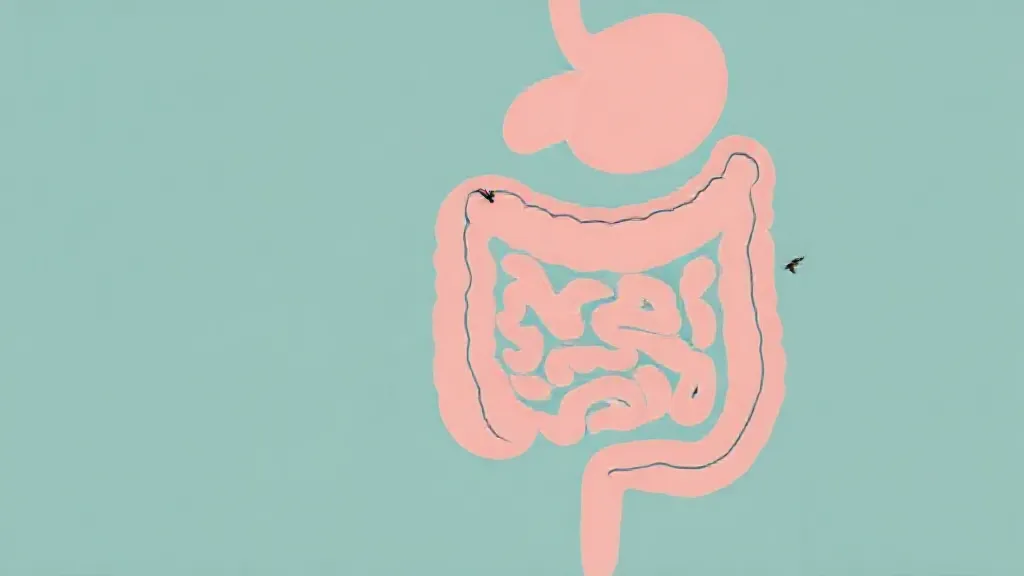The human body is a complex system that relies on the effective absorption of nutrients to maintain health and support various physiological functions. Nutrient absorption primarily occurs in the digestive system, but the efficiency of this process can vary significantly depending on several factors, including the type of nutrient, the health of the digestive organs, and the presence of other substances in the diet.
The Role of the Small Intestine
The small intestine is the primary site of nutrient absorption in the body.
It is approximately 20 feet long and is divided into three sections: the duodenum, jejunum, and ileum. The walls of the small intestine are lined with tiny finger-like projections called villi, which increase the surface area for absorption. Nutrients such as carbohydrates, proteins, fats, vitamins, and minerals are absorbed through these villi into the bloodstream.
The duodenum is particularly important for the initial breakdown of food, aided by digestive enzymes and bile.
Factors Influencing Nutrient Absorption
Several factors can influence how effectively the body absorbs nutrients. For instance, the presence of certain digestive enzymes is crucial for breaking down food into absorbable components.
Additionally, the pH level in the stomach and intestines plays a significant role; for example, some vitamins, like vitamin B12, require an acidic environment for proper absorption. Furthermore, the health of the gut microbiome can affect nutrient absorption, as a balanced microbiome supports optimal digestion and nutrient utilization.
The Role of the Large Intestine
While the small intestine is the primary site for nutrient absorption, the large intestine also plays a role, particularly in absorbing water and electrolytes.
This process is crucial for maintaining hydration and electrolyte balance in the body. The large intestine also houses a variety of bacteria that can ferment undigested carbohydrates, producing short-chain fatty acids that can be absorbed and utilized by the body for energy.
The Impact of Food Composition
The composition of the diet can significantly impact nutrient absorption.
Some foods contain compounds that can enhance absorption, such as vitamin C, which improves iron absorption from plant sources. Conversely, certain substances, like phytates found in whole grains and legumes, can inhibit the absorption of minerals like zinc and iron. Understanding these interactions can help individuals make dietary choices that optimize nutrient intake.
The Importance of Meal Timing and Preparation
Meal timing and preparation methods also influence nutrient absorption. For example, cooking can break down cell walls in plant foods, making nutrients more accessible. Additionally, consuming smaller, more frequent meals may enhance nutrient absorption compared to larger, infrequent meals.
Eating a balanced diet that includes a variety of food groups can ensure that the body receives all the essential nutrients it needs for optimal functioning.
Health Conditions Affecting Absorption
Various health conditions can impair nutrient absorption, leading to deficiencies and health issues. Conditions such as celiac disease, Crohn's disease, and irritable bowel syndrome can damage the intestinal lining and reduce its ability to absorb nutrients effectively.
Individuals with these conditions often require dietary modifications and supplementation to address nutrient deficiencies.
The Role of Supplements in Nutrient Absorption
For some individuals, especially those with specific health conditions or dietary restrictions, supplements can play a crucial role in ensuring adequate nutrient intake. However, it is essential to understand that supplements cannot replace a balanced diet.
Instead, they should complement dietary sources and be taken under the guidance of a healthcare professional to avoid potential toxicity or interactions with medications.
Conclusion: Optimizing Nutrient Absorption
To optimize nutrient absorption, individuals should focus on a balanced diet rich in whole foods, incorporate a variety of food groups, and be mindful of meal timing and preparation methods. Understanding the intricacies of how the body absorbs nutrients can empower individuals to make informed dietary choices that support their overall health and well-being.
Regular check-ups with healthcare providers can also help identify any potential absorption issues early on, allowing for timely intervention and management.
